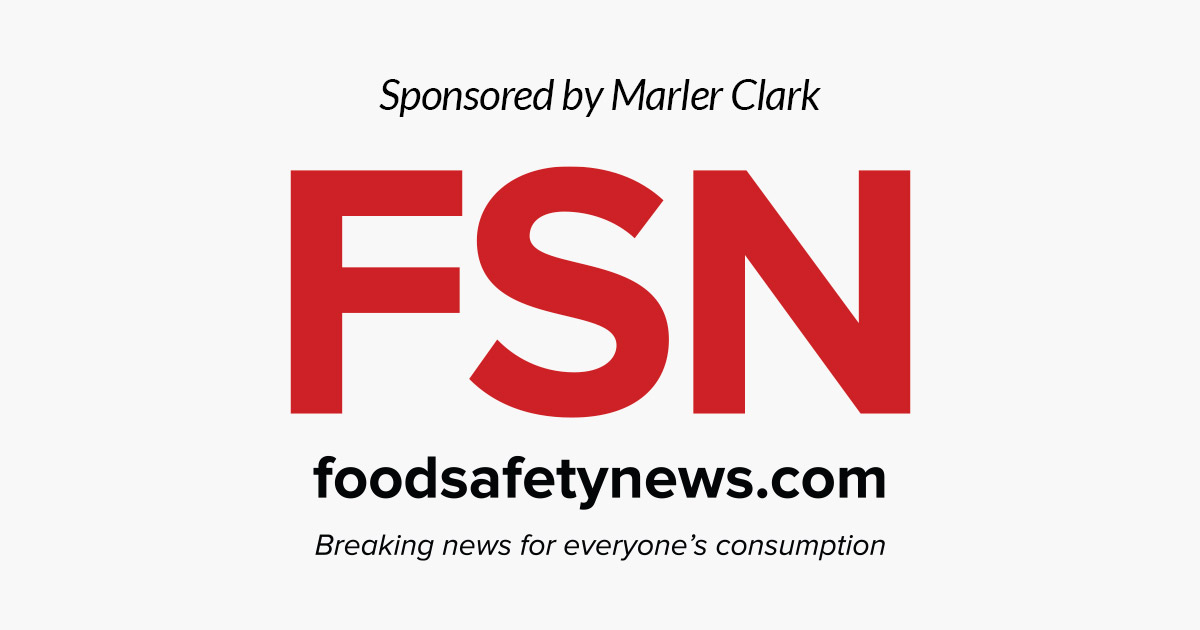
Food Safety News
- 19.03.2025 04:52
- foodsafetynews.com
- Keywords: AI, Food Safety
Health officials investigate a fatal Listeria outbreak linked to NHS desserts, while Consumer Reports identifies highly contaminated poultry plants. Meanwhile, the FDA faces criticism for withholding information on food safety issues and launches new initiatives to ensure infant formula safety.